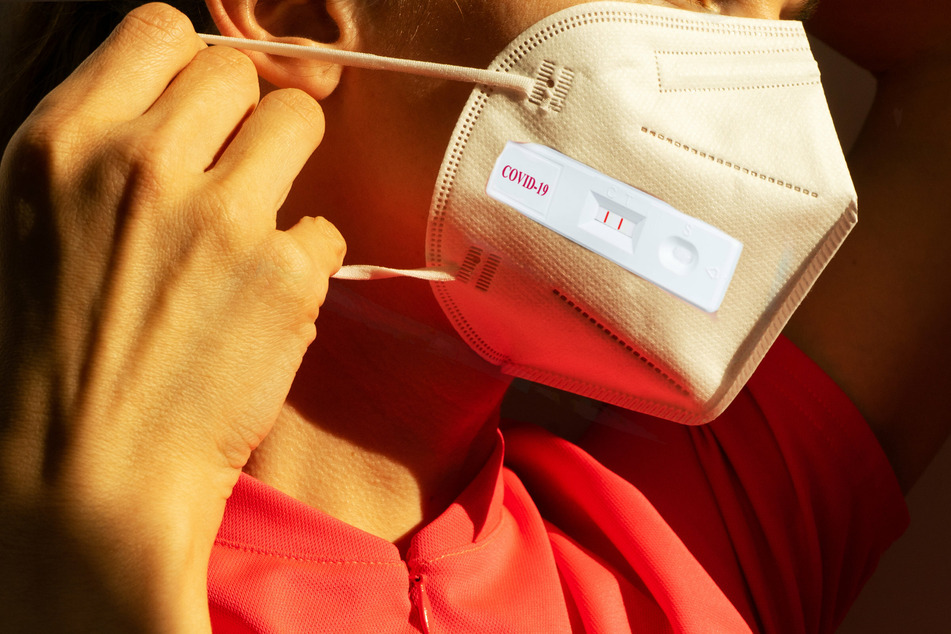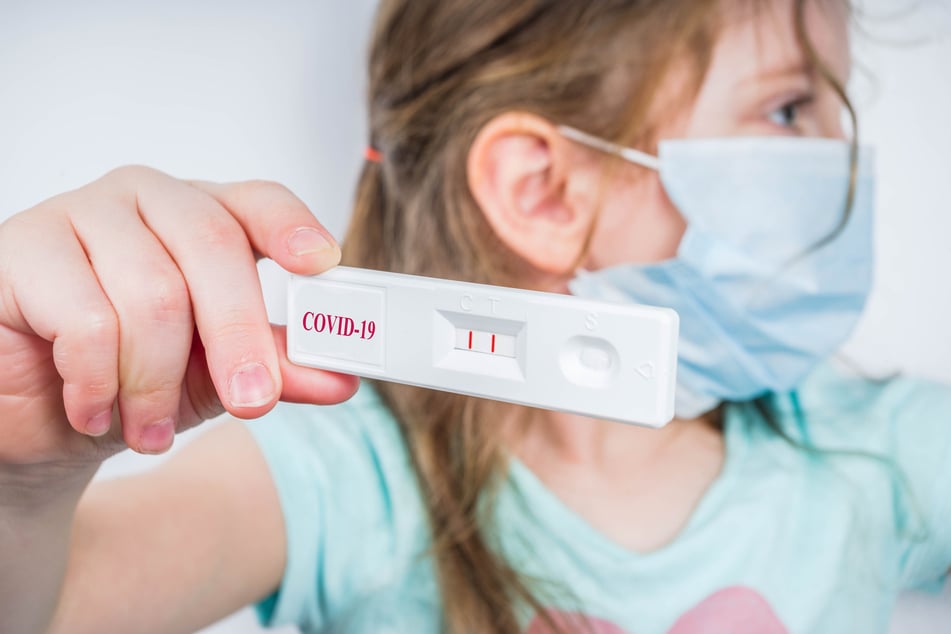Engineers design sensors that let masks test a wearer for Covid-19
Cambridge, Massachusetts - Engineers from MIT and Harvard have developed a wearable Covid-19 test in a mask. They plan to use the technology to make clothes that can tell you if you've been exposed to various diseases.

The new "lab in a mask" systems use similar technology to that previously used to test for Ebola and Zika viruses says MIT News. And there is one "cool" factor in the mini lab: freeze-dried cellular sensors.
"We envision that this platform could enable next-generation wearable biosensors for first responders, health care personnel, and military personnel," said James Collins, senior author of the study.
More experiments proved that the freeze-dried sensors could be easily incorporated into commonly used synthetic fabrics. This means that the researchers' vision for wearable testing sensors could easily become a reality.
The future for clothing could look something like a lab coat that alerts the wearer when they have come into contact with diseased body fluids.
The inventors believe the sensor could change color or even be connected to a light or other signaling device, providing faster proof of contamination.
The results aren't fast, but the masks are a safer option for testing

The report points out that the testing sensors in the mask are activated by the user, and that the results of the Covid-19 test are shown only on one side for privacy purposes.
The present mask layout has a button for the wearer to press when they are ready to start the test. It takes about 90 minutes for the test to produce a result by catching droplets from the wearer's breath.
The pressed button releases a small amount of water that combines with the capture droplets. The mixture is then run through a series of the freeze-dried testing sites, producing the result.
While there are other tests that provide much faster results, this one would certainly limit exposure, because infected persons need not open their mouths or expose their noses to be swabbed.
The good news is that these sensors can be used with almost any face mask currently on the market.
Cover photo: Collage: 123RF/ boumenjapet & bondd